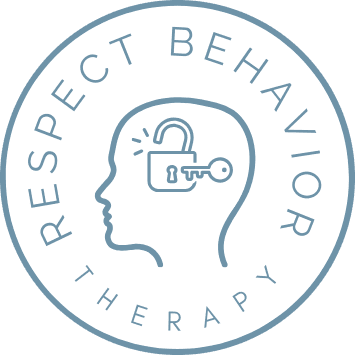What Can a Patient and Parent Expect During ABA Therapy?

ABA therapy, also known as Applied Behavior Analysis therapy, is a highly effective treatment for children with autism spectrum disorder (ASD). This evidence-based approach focuses on improving social, communication, and behavioral skills through targeted interventions. If you are considering ABA therapy for your child, it's natural to have questions about what to expect during the process. In this article, we will walk you through the typical journey of a patient and parent during ABA therapy.
Initial Assessment and Individualized Treatment Plan
The first step in ABA therapy is the initial assessment. During this phase, a qualified and experienced behavior analyst will evaluate your child's strengths, weaknesses, and specific needs. This assessment may involve direct observations, interviews with parents and caregivers, and standardized assessments. The purpose of this assessment is to gain a comprehensive understanding of your child's unique profile and develop an individualized treatment plan.
Based on the assessment findings, the behavior analyst will design a personalized treatment plan tailored to your child's specific goals and challenges. This plan will outline the strategies, techniques, and interventions that will be used throughout the therapy process. It is important to note that ABA therapy is highly individualized, taking into account your child's age, abilities, and areas of focus.
Regular One-on-One Therapy Sessions
ABA therapy typically involves regular one-on-one sessions between the child and a trained behavior technician or therapist. These sessions can take place in various settings, such as the clinic, home, or school, depending on the needs and preferences of the child and family. The therapist will implement the strategies outlined in the treatment plan and work on specific skills and behaviors identified during the initial assessment.
During each session, the therapist will use positive reinforcement techniques to encourage desired behaviors and discourage problematic behaviors. They will break down complex skills into smaller, more manageable steps, providing prompt and guidance as needed. The therapist will track progress and adjust interventions accordingly to ensure continuous improvement.
Parent Involvement and Training
One of the unique aspects of ABA therapy is the emphasis on parent involvement and training. Parents play a crucial role in the success of their child's therapy by reinforcing learned skills outside of therapy sessions. As a parent, you can expect to receive training and guidance from the behavior analyst and therapists on how to support your child's progress at home.
Parent training may include learning about behavior management strategies, implementing reinforcement techniques, and promoting generalization of skills across different environments. By actively participating in your child's therapy, you become an essential partner in their journey towards reaching their full potential.
Ongoing Assessment and Progress Monitoring
ABA therapy is a dynamic and data-driven approach. Regular assessment and progress monitoring are integral parts of the therapy process. Behavior analysts will continuously collect and analyze data to measure your child's progress towards their treatment goals. This ongoing assessment allows for adjustments to be made to the treatment plan as needed, ensuring that therapy remains effective and relevant to your child's changing needs.
Collaborative Approach and Teamwork
At our medical practice, we strongly believe in a collaborative approach to ABA therapy. We value open communication and teamwork, involving parents, caregivers, and other professionals working with your child. Regular meetings and updates will be scheduled to discuss progress, address concerns, and make necessary adjustments to the treatment plan.
Conclusion
ABA therapy offers hope and significant improvements for children with autism spectrum disorder. By understanding what to expect during the therapy process, patients and parents can feel more prepared and confident in embarking on this journey. From the initial assessment to ongoing progress monitoring, every step of ABA therapy is designed to help your child reach their fullest potential. If you have any questions or would like to learn more about ABA therapy and autism treatment, please contact our medical practice.
